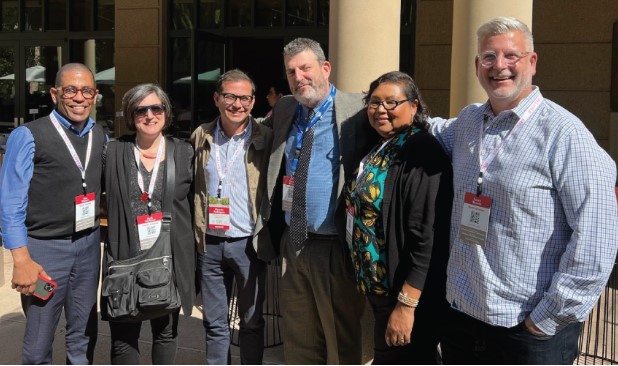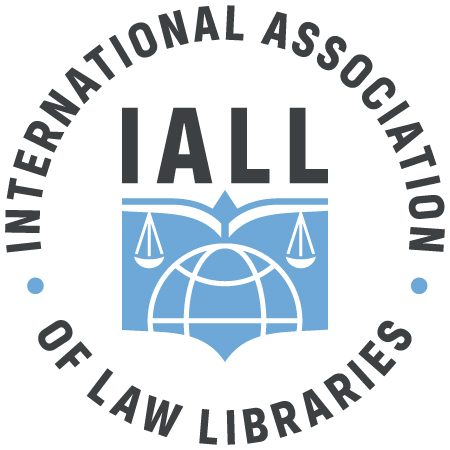
By: Marcelo Rodriguez, Daniel F. Cracchiolo Law Library, University of Arizona James E Rogers College of Law
IALL bursary recipient 2022
The 40th Annual Course of the International Association of Law Libraries (IALL) took place in Stanford Law School on 9-12 October 2022, and it was absolutely amazing. This year’s course was IALL’s first in-person event after conducting a virtual course last year and canceling its 2021 programming due to the COVID-19 pandemic. Personally, it’s COVID-19 that finally pushed me to become an IALL member and get more involved. Like most people around the world, the pandemic forced me to reconsider my work environment and professional career at the time. Becoming a full IALL member allowed me to consider other channels and networks which I had no access to previously. Attending this year’s Annual Course in person is the culmination of two years of fruitful and meaningful online connections with several IALL members.
In this post, I will enumerate a couple of the best features of attending IALL’s Annual Course. Personally, I believe it’s one of the best events I’ve attended either in person or online in the last few years.
Arguably, the best feature of IALL’s Annual Course is the content provided in its agenda which drives its force from the wide range of expertise of local institutions. As this year’s host institution, Stanford Law School brought together an impressive array of their own renowned law professors as well as professors from other faculties on campus. The breadth of their expertise and active scholarship was palpable in the sessions ranging from social media and Democracy to Artificial Intelligence and Government, and from Immigration Litigation and Advocacy in the Post-Trump Years to International Copyright and the Problem of Orphan Works. Given the topic of the conference, the talks focused heavily on the technology, society and law aspects, mostly here in the United States. However, there were also speakers sharing their expertise on government information and processes at the local (Bay Area), federal and tribal levels. Furthermore, other topics included legal history and comparison of constitutional texts.
Meeting, and establishing relationships with law librarians from all over the world is personally the best part of this event. At some point, I had the opportunity to sit and have lunch with law librarians from Canada, Costa Rica, Ghana, France, The Netherlands, Norway, Switzerland, South Korea and Australia. If you are familiar with foreign and international legal research, you know that the relationships you develop with your peers are crucial to the work we do. Databases, online resources and even your own print collections can only be helpful up to a point. Sooner or later, you will have to rely on another law librarian to help you find the information you need. You also hope at some point in the future, you will be able to help them as well. IALL’s Annual Course is the perfect venue to make these connections, reinforce those you already had and meet more people. The relatively small size of the event allows you to talk to almost everyone attending which includes both law librarians and vendors. Being able to have one on one conversations with relevant vendors in the area of foreign, comparative and international law was also another great feature of the course. I’m already taking advantage of these connections at work, and look forward to maintaining them.
What’s next? IALL is planning to host next year’s course in Geneva, Switzerland and then in 2024, it will take place in Oslo, Norway. I’m certain that both will be excellent events building on what IALL does best: connecting law librarians all over the world.
This Blog contains entries by members of the International Association of Law Libraries on issues germane to the Association’s areas of focus. Views expressed in an individual entry only represent the views of the author.
